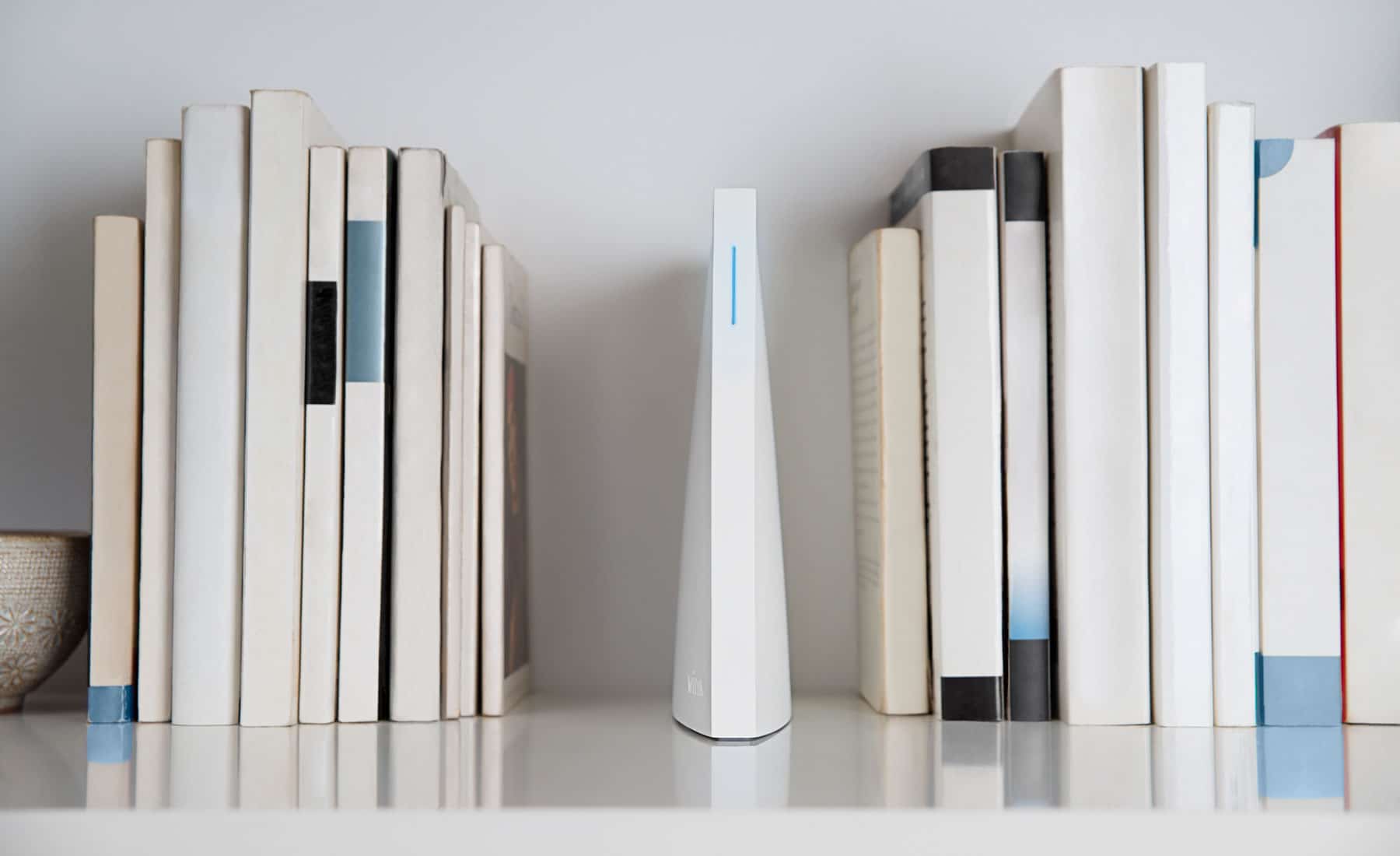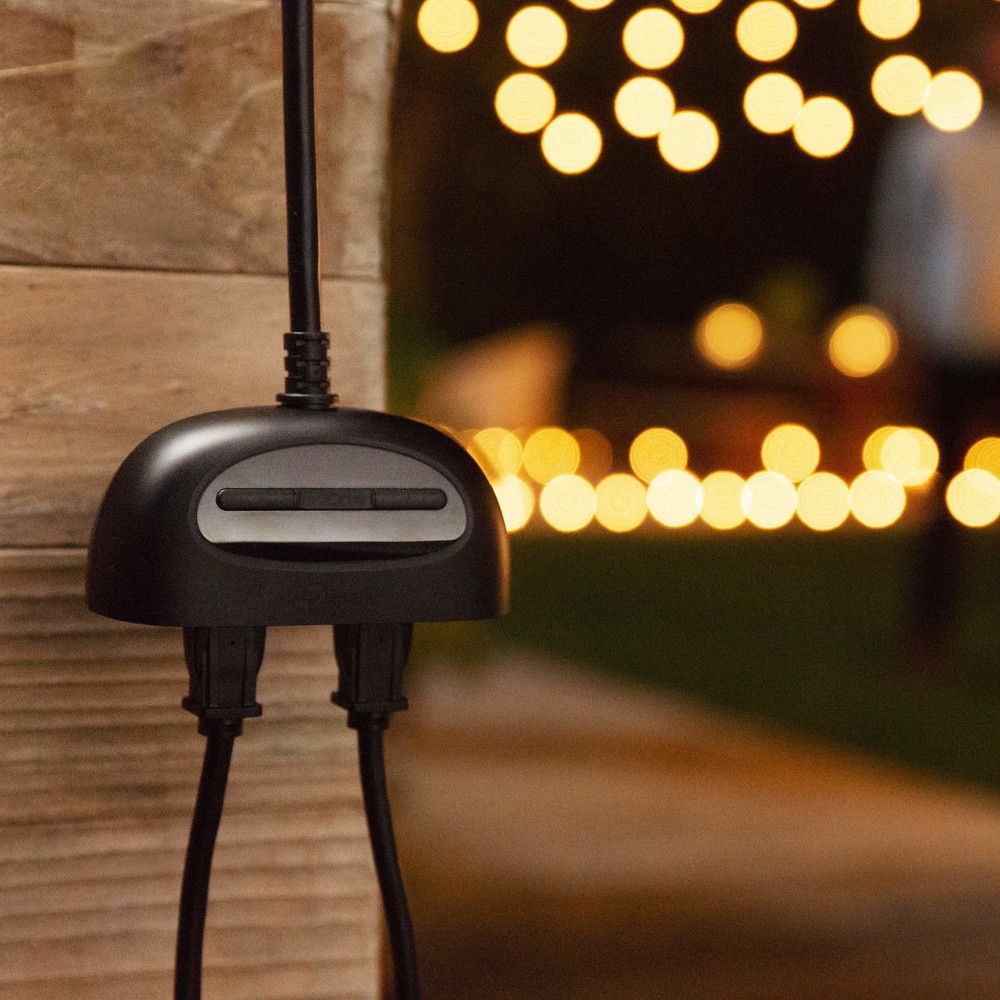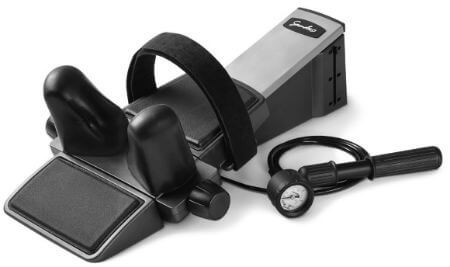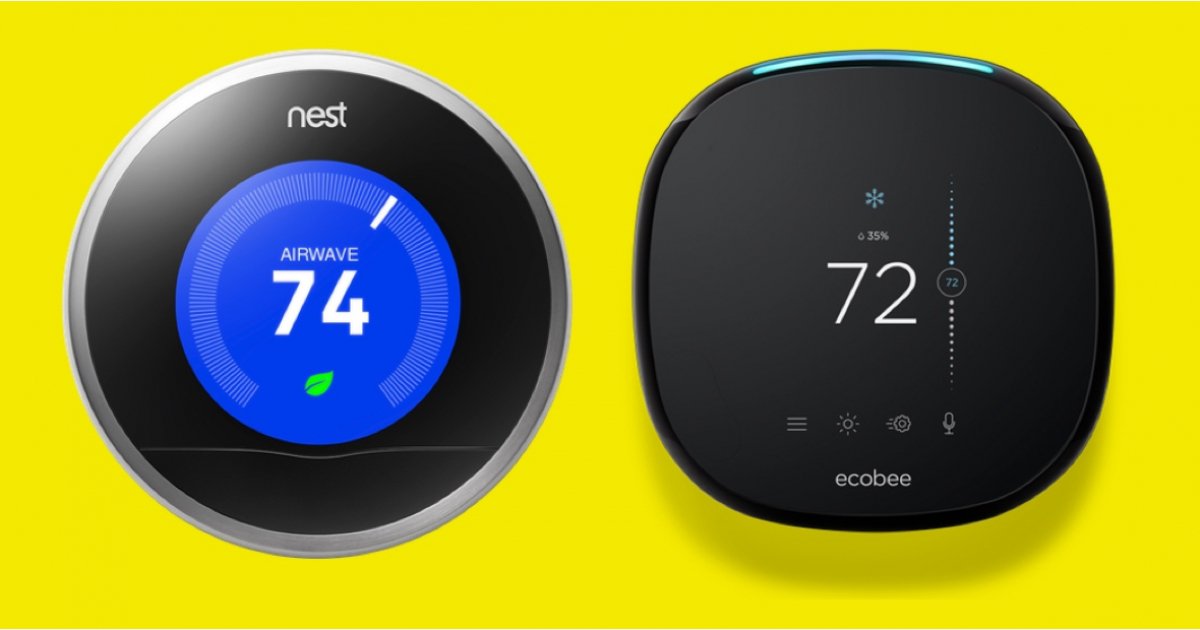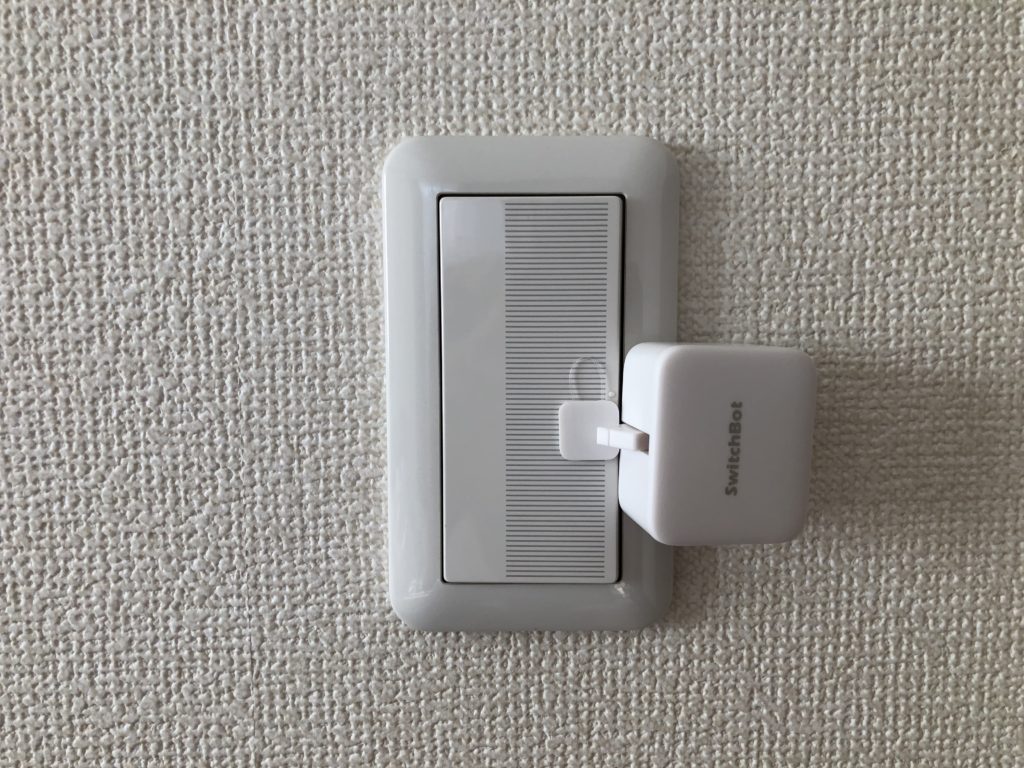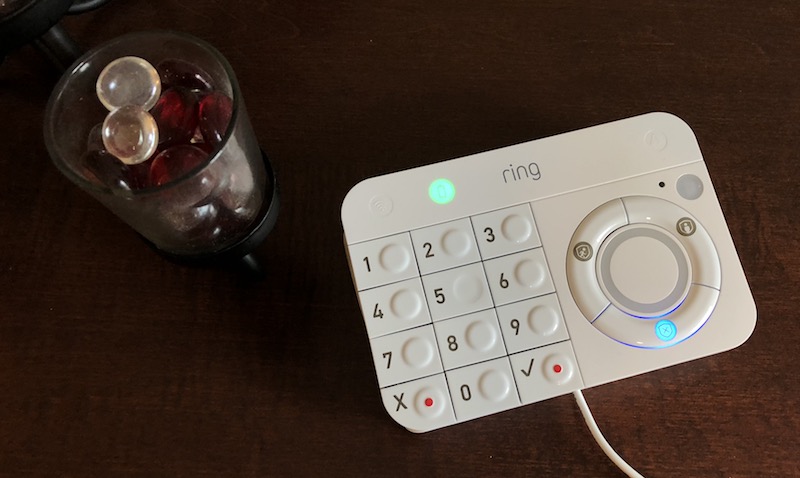Generally speaking, the best time to do laundry should be a matter of choice and preference.
When it comes to weather, look at the whole issue from a seasonal point of view. You can’t plan to do laundry at the same time in winter and summer because you’ll face a completely different set of challenges.
Table of Contents
Best Time to Do Laundry
Best Time to Wash Clothes in Summer
Let’s get an idea of the best time to do laundry in summer. First, you have to consider the weather and how it can benefit your laundry plan. The second factor to consider is the cost of running washing machines and drum dryers.
Usually, summer is the season to turn on air conditioning at night. This means that nighttime is the peak time in terms of energy consumption. It is important to know whether electricity costs vary with time in your area or with your electricity provider.
Still, costs may remain the same in many areas, but others encourage energy conservation during peak hours. Have you ever heard of such a program?
With these factors in mind, the ideal time is to do laundry in the morning. As I mentioned earlier, there are other benefits to doing laundry in the summer morning. You completely ignore the dryer, install the clothesline, and enjoy the benefits of the clothesline/air-drying clothes.
Best Time to Do Laundry in Winter
If you have enough clothes to wear throughout the winter, then you might as well do this to avoid laundry. Unfortunately, this will create the right conditions for mold and the smell of some poorly ventilated homes.
Dirty clothes attract mold, especially under otherwise favorable conditions.
Given the winter weather conditions, electricity is probably the only factor you might consider when making a laundry decision. In this regard, the peak time in most areas is usually early in the morning. That’s when people wake up and turn on the heaters.
At this point, late night is the best time to wash and dry clothes.
Is it Cheaper to Do Laundry on Weekends?
It may or may not be cheaper to do laundry on the weekend, depending on the time you choose and whether the cost of electricity in your area varies with peak and off-peak times.
Is it Cheaper to Do Laundry at Night or During the Day?
Depending on whether your electricity provider’s electricity rate varies with peak and off-peak times, it may be cheaper to do laundry in the winter evening and in the summer early morning. In other seasons, you must determine the cost of electricity in your area at different times of day and make decisions accordingly.
In most areas in winter, electricity is cheaper at night because most people turn on their heating in the morning. On the other hand, in summer, early mornings tend to be more cost-effective as people turn on air conditioning in the afternoon and evening.
Tips to Improve Energy Efficiency when Doing Laundry
Wash Similar Clothes Together
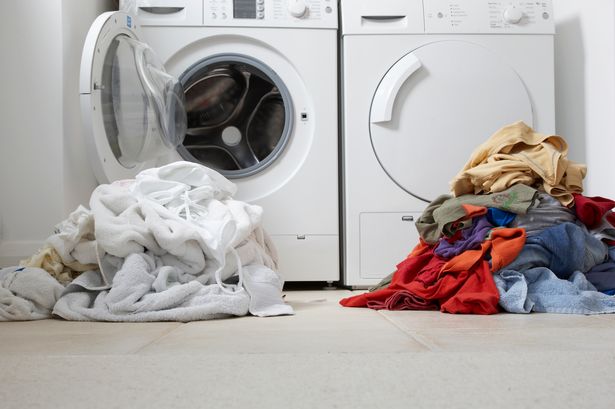
Clothes vary by fabric and soil level. Washing similar or nearly similar clothes is a good practice, and the same principles apply at the soil level.
Sorting clothes by fabric can affect your choice of the wash cycle. Because the length of the cleaning cycle varies, you can save power by using the appropriate cleaning cycle for each load.
Wash with Cold Water
Washing clothes in cold water or running the machine in an “eco-warm” setting is one of the easiest ways to save money. Unless you’re dealing with serious dirt and stains, always wash clothes in cold water. The reason for doing this is because cold water is gentle on your clothes, and it’s cost-effective. Wash in cold water to avoid using the water heater while doing laundry. The water heater is used to heat the water used in the washing process, but in order to do this, the machine requires a lot of energy. There are some situations where it makes sense to use hot water, like if you have oil stains on your clothes, but it’s important to remember to only use hot water when necessary!
Ideally, the cost of running a hot water cycle is much higher than the cost of running a cold water cycle.
Since cold water can act slowly on stains, pre-treat stains before running a full laundry cycle.
Wash a Full Load
Depending on your laundry experience, you probably only threw out a few items to wash on one or more occasions. It’s not a mistake to throw two or three items in the washing machine. However, if you look at it in terms of energy consumption, it’s a big deal.
Whether you are washing a piece of clothing or a basket of dirty laundry, if the machine runs for the same amount of time, you will consume the same amount of power.
The more machine washing, the smaller the load, the more operations, and the more energy consumption. At the same time, it is important to remember that it is also unwise to overcrowd a machine, as the load requires a certain amount of space to roll over. Be sure to fill up your machine, but don’t let it fill up more than three-quarters.
Loading washing machines to full capacity is more cost-effective.
Hang Dry Clothes
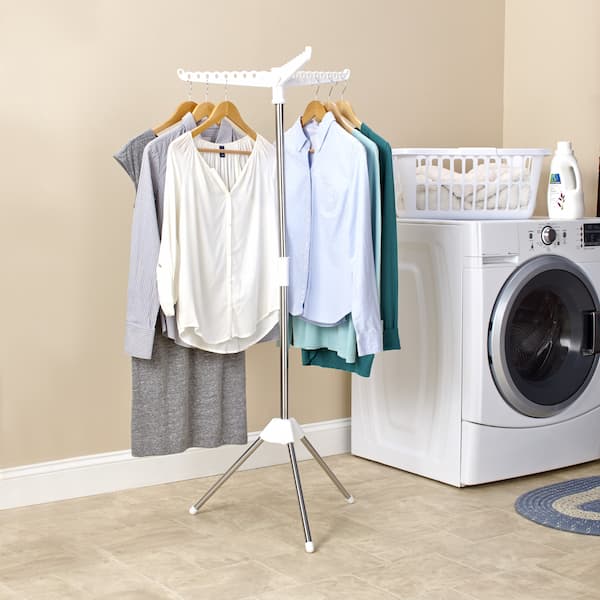
You can wash your clothes in the washing machine, but hanging them on a clothesline to dry indoors or outside can save on electricity bills. You can also use a dryer rack to hang or lay dry sensitive fabrics flat. Choosing to air dry your clothes can save you money on your energy bills and extend the shelf life of your favorite T-shirts.
In addition to the low cost, air drying has other benefits such as making clothes smell fresh, improving the appearance of white and light colors, providing ample dry space for heavy and large clothes, and keeping clothes from fuzz and wrinkling.
Summary
Saving on laundry isn’t limited to how you do your laundry, because when you do your laundry, it can actually help you save, too. Many energy providers charge higher rates during peak hours or when energy is in high demand. Because of general energy usage habits, peak times can vary depending on the time of year. In warmer months, you may find that the best time to do laundry is in the morning, as most people typically expend energy in the afternoon to cope with rising temperatures. In winter, the rush hour is earlier because people heat their homes when they wake up.












